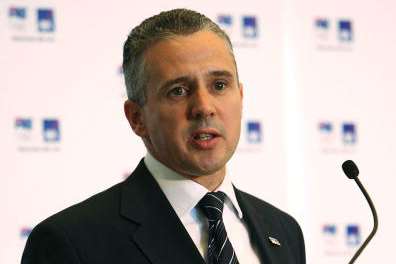A flexible working scheme at Telstra has allowed it to “reverse a long-running trend” on attracting and retaining women in its workforce, according to CEO Andrew Penn.
Penn outlined the program in an address to the Male Champions of Change forum in Sydney.
Male Champions of Change (MCC) was set up in April 2010 by Sex Discrimination Commissioner Elizabeth Broderick, and focuses on increasing women’s representation in leadership.
Telstra’s former chief David Thodey was one of the first champions, as was former IBM managing director Glen Boreham. Both remain with the group.
Penn told the forum Telstra had created a policy of making “all roles flexible”, which he said had “driven enormous change across the organisation”.
In particular, "the number of women joining Telstra has exceeded the number of women leaving for the 8th successive quarter, reversing a long-running trend,” Penn noted in a blog post.
The total number of women employees had outstripped growth in overall employees by 3 percent, he noted.
Penn said one of the reasons the ‘All Roles Flex’ program had been successful was that it “was modelled by the leadership”.
Telstra “was fortunate to have leaders who led by example in showing what it meant to be balanced, flexible, creative and effective in how they worked and led,” he said.
The top-down approach didn’t go unnoticed.
“I think in our organisation and many others flexibility used to be seen as something that was either the domain of the privileged few – those senior managers who might be able to do that – or it was something for people who just wanted to work part time,” Telstra Global Enterprise & Services HR director Julian Clark said in a video accompanying Penn’s presentation.
“We’ve really moved from a culture where you almost had to justify why you wanted to work flexibly, you had to fill in a form, get permission from your manager, all those sorts of things, to a culture of incredibly high trust.”









